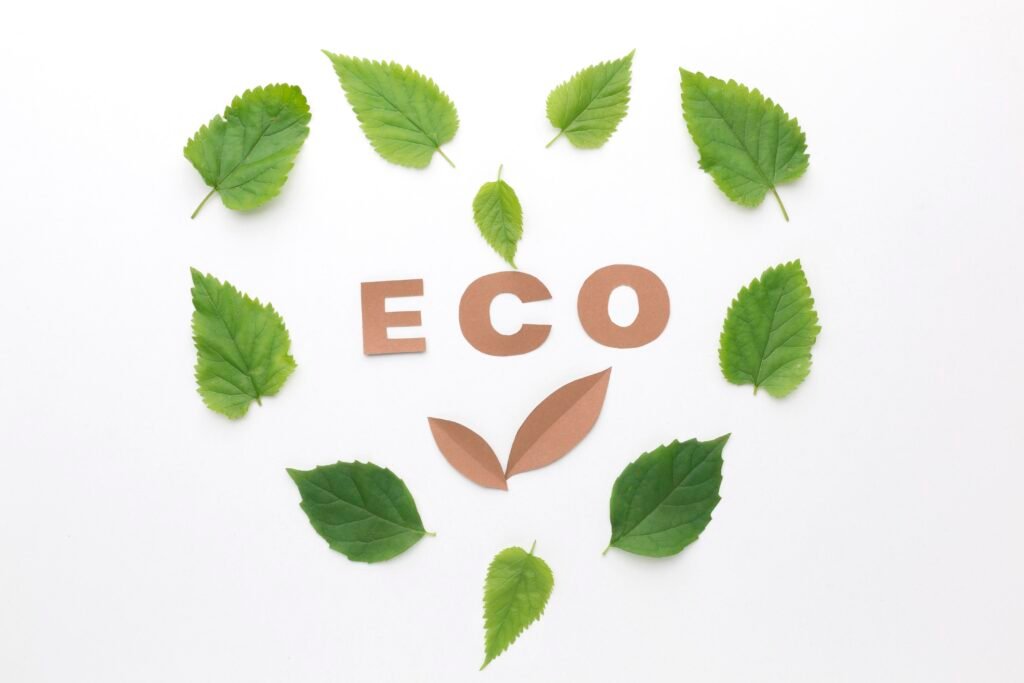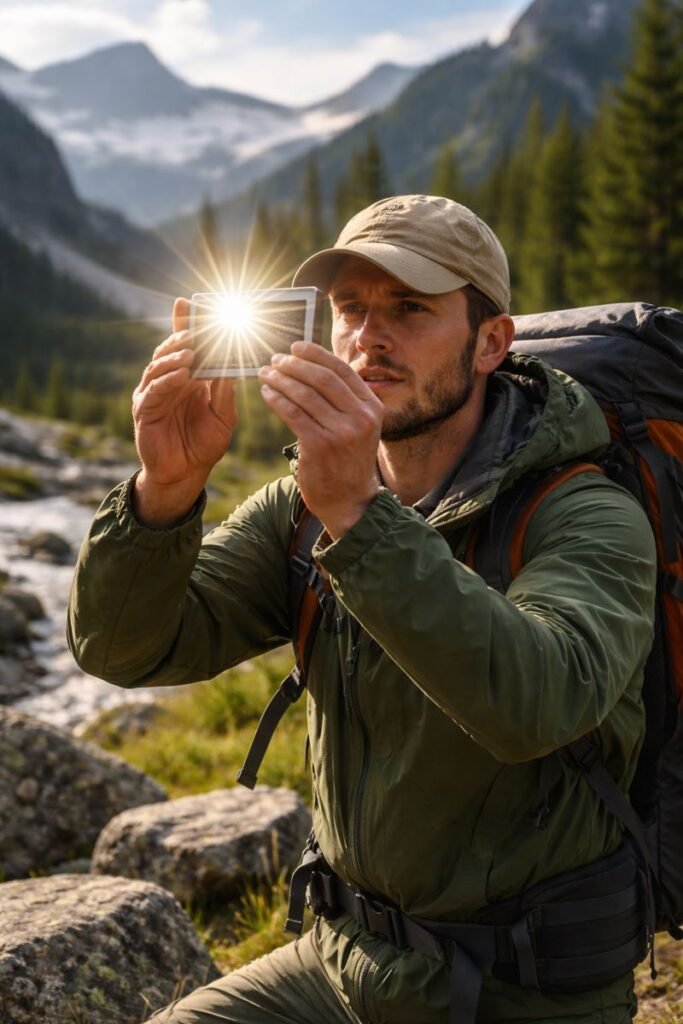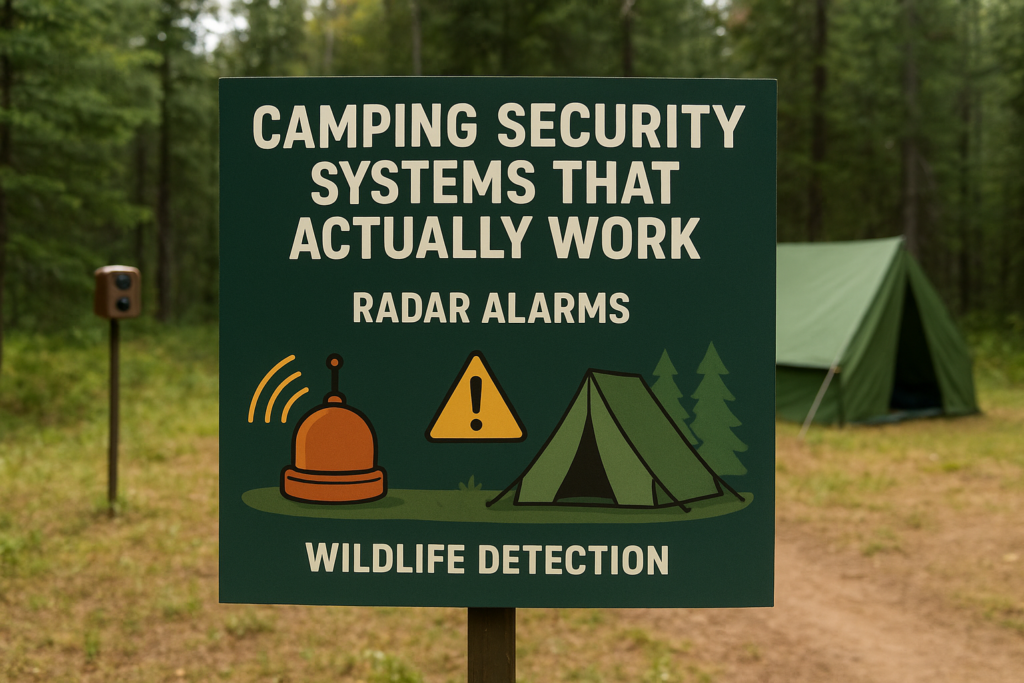Sustainable Camping: How to Leave No Trace and Love the Planet
Camping is the best way to disconnect from the busy modern world and connect with nature, but at the same time, it is very essential to act responsible, and preserve the beauty of the great outdoors.
With sustainable camping practices becoming increasingly important in 2025, eco-friendly camping has evolved from a trend to a necessity for responsible outdoor enthusiasts. So, here rises the need of adopting the best Eco friendly practices, so that the environment is not harmed at any cost, and at the same time, we conserve Mother Nature.
Green camping and sustainable outdoor recreation are not just buzzwords—they represent a fundamental shift toward responsible tourism that protects our natural heritage. Sustainable camping practices make sure that our future generations, too, enjoy the same serene and beautiful nature and are inspired to venture outdoors as we do today. So, embracing eco-friendly camping is not an option, but a necessity so that we ensure that the beautiful ecosystem remains unharmed and undisturbed.
Why Eco Friendly camping is so important?
Preserving our Natural Ecosystem:
Preserving natural ecosystems while camping is essential for protecting wildlife habitats and minimizing human impact on the environment. Sustainable camping methods help maintain biodiversity and protect fragile ecosystems that support countless species of plants and animals. By adopting eco-friendly camping practices, the local flora and fauna can be protected. At the same time, by adhering to the “Leave No Trace” principles, the natural vegetation and wildlife can remain undisturbed.
Responsible camping includes choosing established campsites, staying on designated trails, and using eco-friendly camping gear that minimizes environmental damage.

Protecting Wildlife:
Protecting wildlife is another very important aspect of eco-friendly camping. Wildlife conservation during camping trips requires understanding animal behavior patterns and maintaining respectful distances from their natural habitats. Keeping safe distances from wild animals, not feeding them food, keeping your pets leashed if they have accompanied you, not keeping voices too loud, keeping food packed and out of reach of wild animals, are some ways in which you do not disrupt their natural behavior. This ensures that you do not harm wild life, and let them thrive.
Using bear-proof containers, selecting wildlife-friendly camping locations, and following seasonal camping restrictions help protect endangered species and preserve natural wildlife corridors.

Reducing Carbon Footprint:
While adopting eco-friendly camping practices, the overall carbon footprint can be minimized. Carbon-neutral camping involves choosing renewable energy sources, selecting local camping destinations, and using sustainable transportation methods to reach your campsite.
Using solar-powered lights, reusable gear, and eco-friendly camping stoves can significantly reduce the environmental impact. Low-impact camping also includes using biodegradable camping products, energy-efficient camping equipment, and zero-waste camping strategies. Choosing to camp closer to your homes, taking up car pooling, cycling to the camping place, and using recyclable materials can help reduce your carbon footprint.

Pic Credit Amazon.com
Sustainable Camping Activities:
By incorporating, eco-friendly practices, you become the advocates of for sustainability, and you can preach sustainable practices, when you follow them.
Sustainable outdoor activities include nature photography, wildlife observation, hiking on established trails, and participating in conservation volunteer programs during camping trips. By following the camp trail religiously, and not going off-trail causing soil erosion and damaging plant life.
Green camping gear essentials include biodegradable soaps, reusable water bottles, solar-powered devices, and eco-friendly camping cookware made from sustainable materials. Using biodegradable soaps, minimizing vehicle usage, and protecting vegetation by avoiding campfires in sensitive places, you help protect nature and contribute towards a greener sustainable outdoor experience.

Eco-conscious camping also involves supporting local communities, choosing environmentally responsible camping suppliers, and participating in campsite cleanup initiatives.
Promoting Health and Well Being:
In addition to protecting the environment, eco-friendly camping protects the well being and health of campers, and creates a stress-free lifestyle, increased clarity, and improves overall mental and physical health.
Sustainable camping practices promote better air quality, cleaner water sources, and healthier outdoor environments that benefit both campers and local wildlife. By adopting eco-friendly solutions, as campers, you contribute towards a pollution free environment that remains safe, clean and intact for future generations to enjoy.

Green camping benefits include improved mental health through nature connection, physical wellness from outdoor activities, and the satisfaction of contributing to environmental conservation efforts.
Essential Eco-Friendly Camping Tips for 2025
Sustainable camping today goes beyond just protecting nature—it involves a well-rounded strategy that merges time-tested conservation principles with cutting-edge green technologies and mindful outdoor habits.
Essential Sustainable Camping Gear:
- Solar-powered gear for clean, renewable energy use
- Biodegradable supplies and eco-friendly toiletries to reduce environmental impact
- Reusable gear and zero-waste accessories for a low-footprint camping experience
- Eco-conscious cookware and utensils designed with sustainability in mind
- Water-efficient tools and filtration systems to conserve and purify water on-site
Best Practices for Eco-Friendly Camping:
Avoid single-use plastics by opting for sustainable, reusable alternatives
Camp at certified eco-friendly sites and choose destinations committed to sustainability
Follow Leave No Trace principles diligently to minimize your environmental impact
Contribute to local conservation projects and support responsible eco-tourism
Use renewable energy and efficient gear to lower your carbon footprint
Conclusion
As we move forward into 2025, sustainable camping and eco-friendly outdoor recreation have become essential components of responsible tourism and environmental stewardship.
In conclusion, eco-friendly camping is not just a trend, but a necessity. By adopting sustainable practices during camping right from choosing the right tent, to using pollution-free cooking stoves, and lights, you reduce the carbon footprint, and promote maintaining a clean and green environment. So, as campers, we can make a great impact on other campers by teaching and preaching them the best eco-friendly practices and protocols.
Remember, every small step toward sustainable camping contributes to a larger movement of environmental conservation and responsible outdoor recreation that benefits everyone.


















